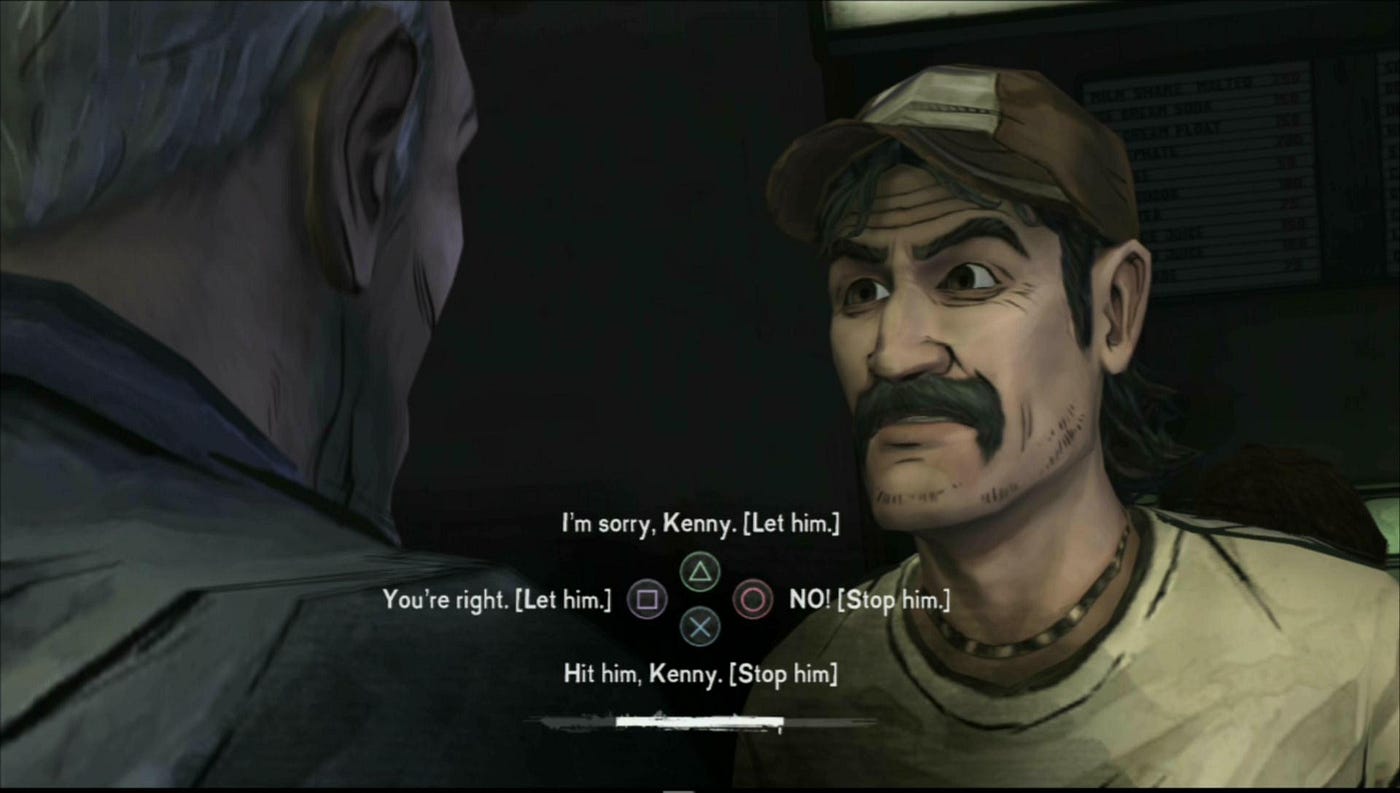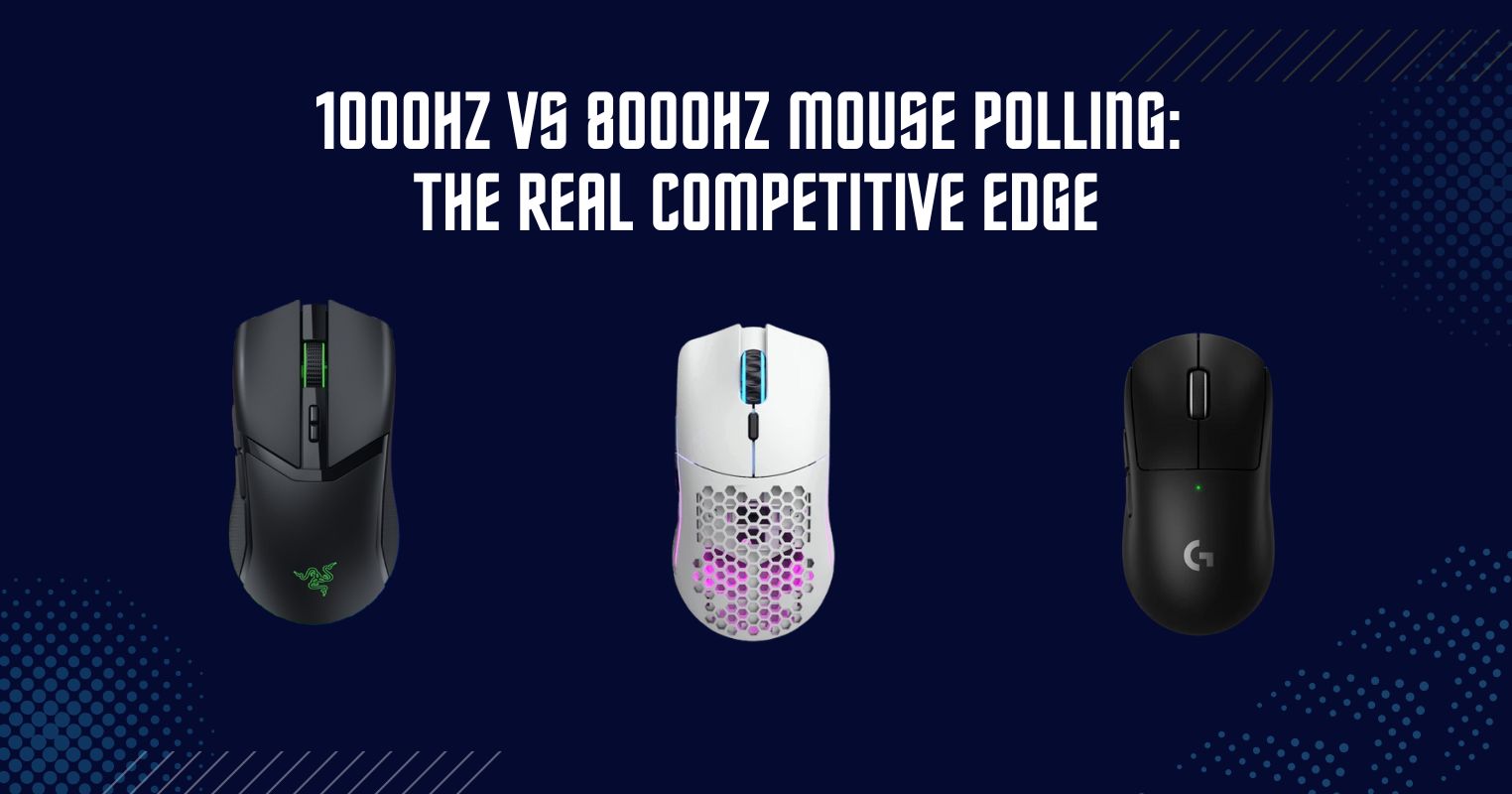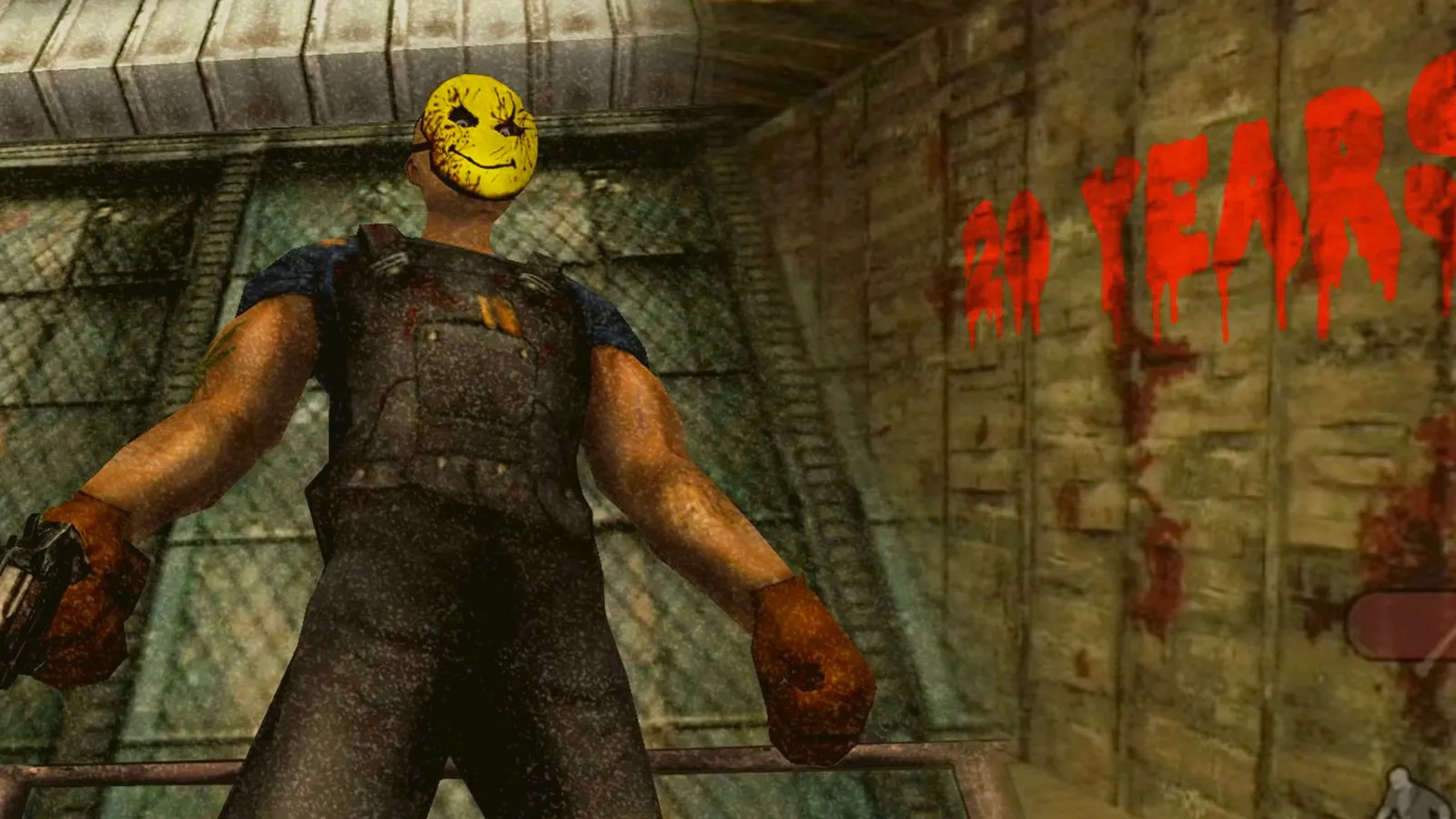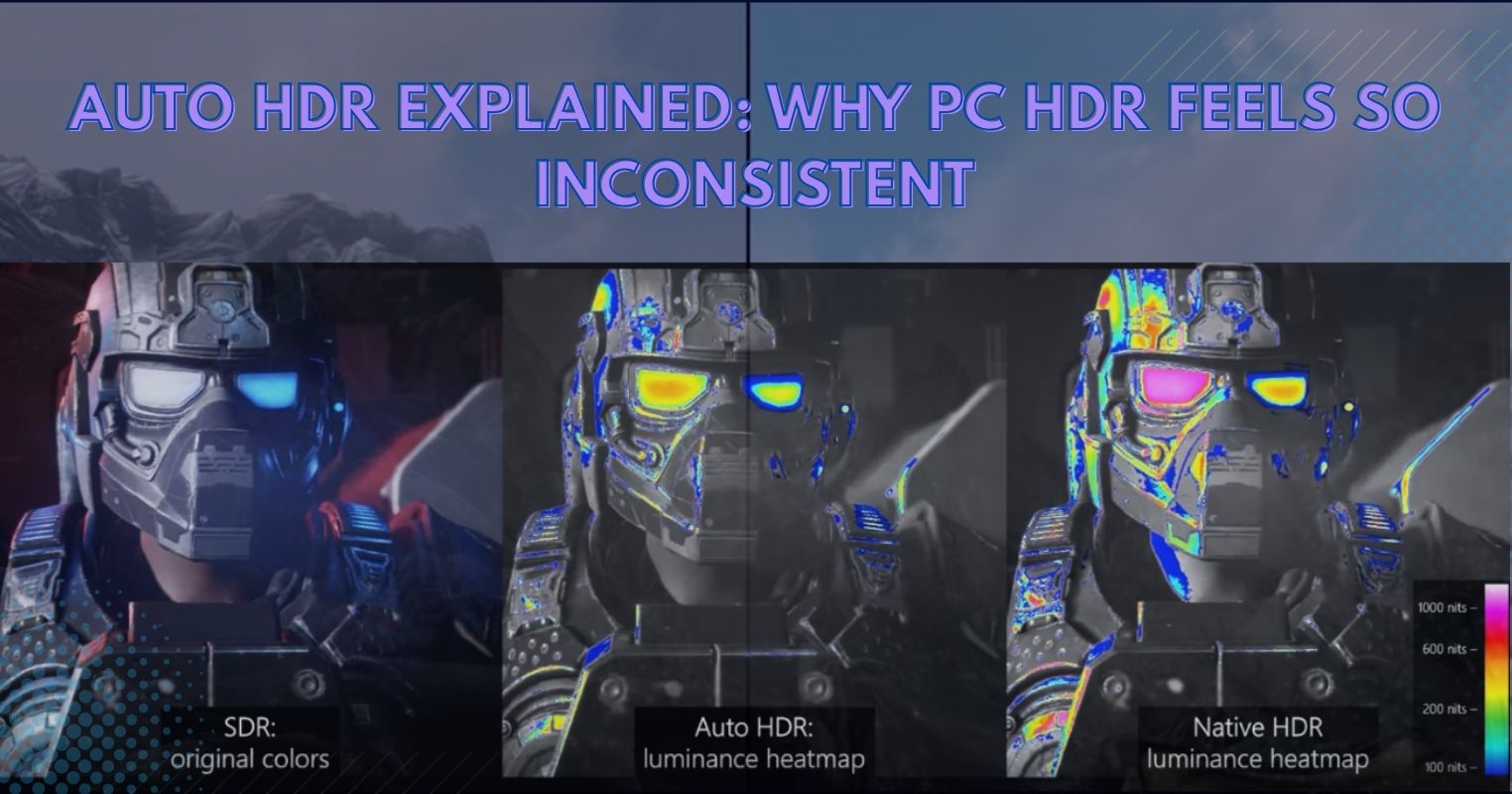- The choice-based games give a sense of control to players which they love since their input impacts the game’s story.
- Often, players are required to make quick decisions and the prompt appears instantly.
- This keeps players immersed and at the edge of their seats.
Choice-based games are outstanding and people want to replay them using other choices to get other endings as well. But, why are these games so fun to play? Let’s find out.
Immersive Experience
Unlike other games where you can respawn and restart the mission even after you die or lose the match, choice-based games test you by continuing the story even if you mess up. The gradual unraveling of the story based on your choices is an intriguing facet of this genre.
Since every choice you make impacts the story in one way or another, players can’t help but be conscious about even the little details, which they typically ignore in games of any other genre. This creates an immersive experience where you’re hooked to the game.
Popular Games
The Colossal Cave Adventure (1976) was the first ever text adventure game that introduced the idea of having the player’s input as the main source of changing the direction of the game’s narrative.
Apart from that, the Life is Strange Series and the Walking Dead Series took the choice-based genre to another level by attaching a great story to the game. It gave rise to other games like The Stanley Parable (2013).
High-end games also began to implement player’s input to bend the story. These games include Heavy Rain, Until Dawn, Detroit: Become Human, The Witcher 3: Wild Hunt, and the Mass Effect Series.
The Dark Pictures Anthology has gained massive popularity for attaching the horror genre with the choice-based one. This was a twist to the industry since now players were compelled to make the right choices to avoid the horrors in these games.
Good & The Bad
In most games, there are more bad endings than the happy ones. This further increases stress levels and encourages players to make the right decision every time. Games from the Dark Pictures Anthology typically have one happy ending and multiple bad ones.
Fear Of Losing
As humans, we fear losing more than winning. Choice-based games keep players at the edge of their seats using this phenomenon where users are more motivated to avoid any bad endings than they are in the hope of a happy ending.
Clock Is Ticking
Now, choice-based games are ramping up their difficulty levels by implementing a clock system that requires you to make decisions in a short amount of time. This also puts users at the edge of their seats and makes quick decisions to avoid getting the worst ending.

The Dark Pictures Anthology’s Devil In Me integrated a rapid clock system, where players are forced to input keys out of nowhere and they get limited time to do so. Failure to press these particular keys or actions would lead to terrible deaths of your characters.
Moral and Ethical Challenges
In most games, you’re left with choices that challenge your moral and ethical beliefs. For instance, in the first season of The Walking Dead game, players are forced to save either Carley or Doug, two characters trapped in a dire situation.
Similarly, in Detroit: Become Human, users are thrown into a society where androids are oppressed and are meant to choose to either lead a violent rebellion or make peaceful protests – both of which affect the fate of the character and the narrative of the game.
This constant challenge of our beliefs leads us to be adaptive with our approach and think rationally in a way that would be beneficial for most people. However, players are free to choose and play however they wish since at the end of the day, it’s just a game.
Replayability
The factor of replayability is what makes the choice-based genre stand out from other genres. Since there are multiple endings in the game, players are naturally curious to know all the other endings due to their attachment to the characters and the story of the game.
Often, these games offer you the freedom to revisit specific scenes that once offered you choices. Using these scenes, you can make other choices that would lead you to the other endings.
This makes these games prone to be replayable unlike other games of different genres where the story is stagnant and the only reason you replay is that you’re missing that specific story.
Thank you! Please share your positive feedback. 🔋
How could we improve this post? Please Help us. 😔
News Reporter
Abdullah is an avid gamer who primarily plays single-player titles. If you can’t find him anywhere, he’ll probably be at his desk playing The Witcher 3 for the millionth time. When he isn’t playing games, he’s either reading or writing about them.




